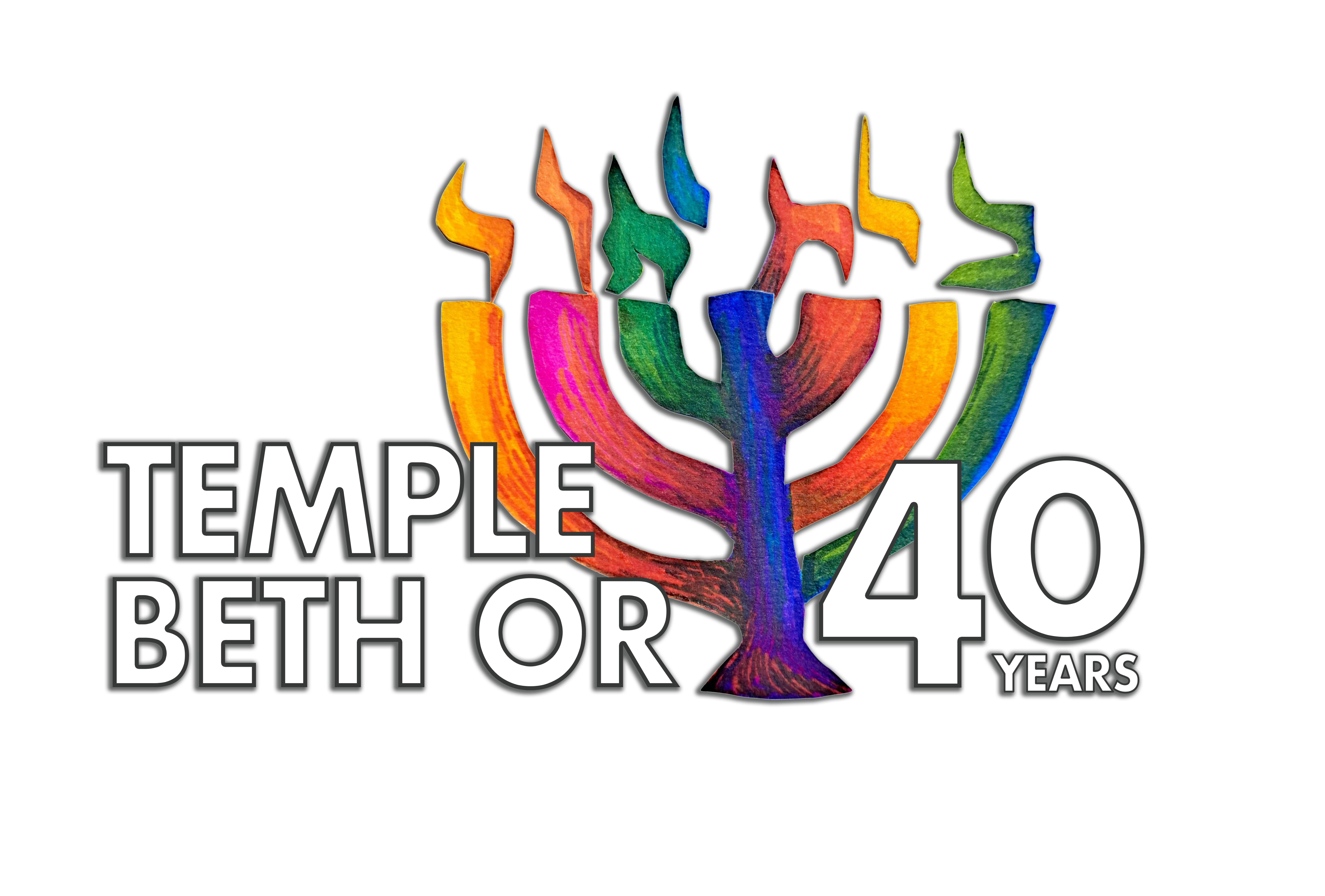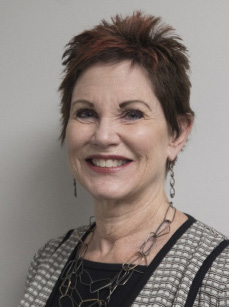These days the relationship between the Black and Jewish communities is complicated, characterized by cooperation and conflict. New interest arose this fall when some of us became aware of the “Black Hebrew Israelites” for the first time.
Ye, the rapper formerly known as Kanye West, caused a commotion when he tweeted that he would go “death-con 3” on Jewish people. Ye defended himself by citing the Black Hebrew Israelite contention that he could not be antisemitic because “black people are actually Jew.” (sic) The Black Hebrew Israelites (BHI) allege that people of color are the TRUE descendants of the Biblical Israelites, not Ashkenazi or Sephardic Jews.
Then NBA star Kyrie Irving tweeted a link to the movie “Hebrew to Negroes: Wake Up Black America,” which includes antisemitic tropes about Jews and power in the financial system and Hollywood, and Jewish conspiracies for world domination. When Irving returned from his resultant suspension, hundreds of Black Hebrew Israelites demonstrated outside the Barclay Center chanting, “We are the real Jews.”
The BHI movement was initially founded in the late 19th century by William Saunders Crowdy, an escaped slave who claimed he had visions in which God told him that African Americans were descendants of the Hebrews in the Bible. In 1896, Crowdy established the first congregation of the movement based on aspects of both Christianity and Judaism. They believe that Jesus was a person of color and that Black Americans are God’s chosen people. Some churches, like Crowdy’s, supported unity among races and genders, but other sects evolved into extremism.
Radical Black Hebrew Israelites refer to European Jewish people as the “synagogue of Satan,” arguing that they are “devilish imposters” responsible for the slave trade and plotting world domination. On the contrary, the kidnapped enslaved Africans were the actual descendants of the exiled Israelites of biblical times.
Thankfully, not all sects of the BHI movement are extremist or antisemitic. For example, Rabbi Capers Funnye is a prominent Black Israelite clergyman in the United States. He is the chief rabbi of the International Israelite Board of Rabbis and the clergy leader of a Chicago synagogue with a mixed membership of Jews and Black Israelites. His congregation follows the Torah and supports the state of Israel.
Funnye distinguishes his congregation from the Black Hebrew Israelites. Funnye condemns the antisemitism of the radical Israelite sects, stating, “God is never about divisiveness. God is never about hatred. God is never about, ‘You ain’t.’ I don’t have to say what you aren’t to make me who I am.”
May this month – and every month of the year – serve as sacred inspiration for Jewish and African American leaders to raise such voices of moderation, fellowship, and respect, and to drown out social media’s din of divisiveness, anger, and acrimony.

